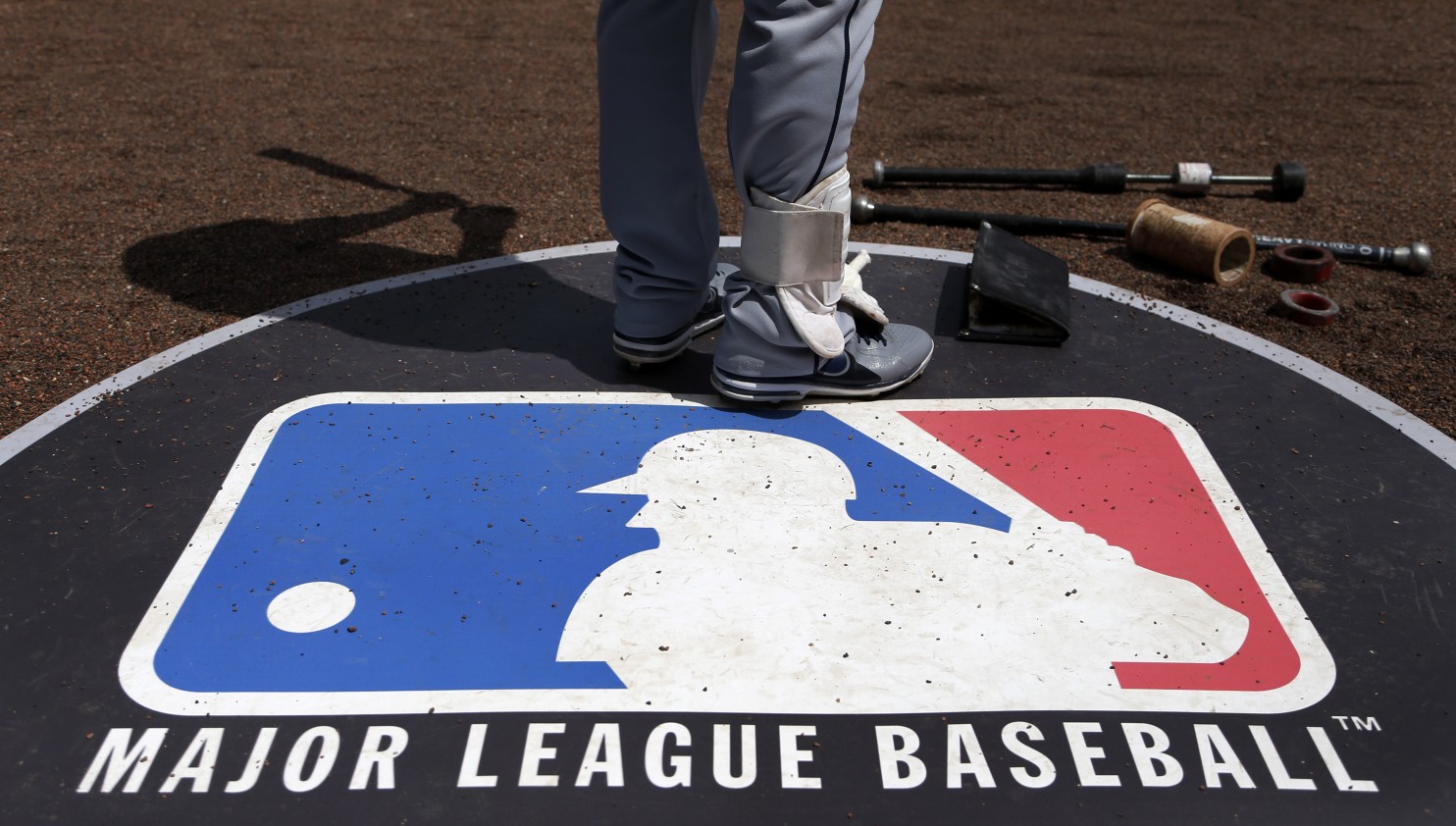
By Bob Nightengale |
One-out relievers will soon be obsolete in Major League Baseball.
Multiple trade deadlines, with no trade permitted after July 31, also about to be gone by the wayside.
A pitch clock? Soon expired.
And no longer will teams like the Los Angeles Dodgers and Philadelphia Phillies be playing with a 40-man roster in September, while the Miami Marlins are playing with only 25 players.
MLB and the union announced Thursday several major rule changes, most which will be implemented in 2020.
— Pitchers will be required to face a minimum of three batters in a game beginning in 2020.
— There will be a single July 31 trade deadline, starting this season, with teams prohibited from making any type of trade after that date.
— Mound visits will be reduced from six to five during games beginning this year, and perhaps reduced to four visits in 2020.
— There will be an All-Star election day starting this summer where fans can determine the starting players in the All-Star Game with 24-hour voting.
— The Home Run Derby will now pay $1 million to the winning player.
— Commercial breaks during innings will be shortened by 20 seconds to 2 minutes.
— Position players will be prohibited from pitching in games that don’t go into extra innings, unless a team is ahead or behind by at least eight runs.
— Committees will be appointed by the Commissioner’s office and the union to formally discuss the game’s economic concerns. They will study ways to make the free-agent market more active. They will discuss eliminating the incentive for teams from purposely losing to gain top draft picks. They will explore efforts to prevent teams from manipulating service time that delays their top prospects from being called up to the major leagues.
— The minimum time a player spends on the injured list will be increased back to 15 days from 10.
— And finally, beginning in 2020, all teams will have a 28-man roster in the final month of September, after having a 26-man roster the first five months of the season.
Fans and players will still vote in the traditional way for the All-Star team until July, but the top three finishers in each position will be on a one-day election ballot where the fans will determine the starting players.
The $1 million prize for the home-run derby is designed to get baseball’s best stars to participate, with a total pool of $2.5 million.
The three-batter minimum will be the most profound on-field change, a maneuver that will be Manfred’s to own. It will have ripples from the clubhouse, to the manager’s chair and even to front offices in how they construct their rosters.
Players aren’t expected to oppose the change if Manfred decides to implement it. There’s far from uniform approval of the rule, but also an understanding that a less deliberate game may be a more appealing one.
“We want to improve the game and we want to make it more appealing to the younger crowd,” Reds lefty reliever Zach Duke told USA TODAY Sports this month. “The attention span of the younger crowd is a lot different than it was even 10 years ago. I understand some of the proposals and the intention behind it.
“The three-batter minimum impacts so much more of what a manager can do, the strategy he’s able to employ. I don’t know if that’s necessarily the answer. But if there’s a rule proposal that makes sense, I don’t think there would be a lot of resistance to it. Let’s be honest: It’s really all about keeping the fans engaged and keeping them coming to the games. We want to put the best product out there to keep the fans there.
“It’s an entertainment industry, right? If no one’s being entertained by it, then guess what – we don’t have jobs.”
Perhaps the most glorious aspect of the changes is that MLB and the union are willing to talk about the bigger issues facing the game, and possibly make amendments to the Collective Bargaining Agreement, averting a potential work stoppage after the 2021 season. It will be the first time the two sides have ever had mid-term bargaining on such broad economic issues.
This article was republished with permission from the original publisher, USA Today. Follow Bob Nightengale on Twitter and Facebook.